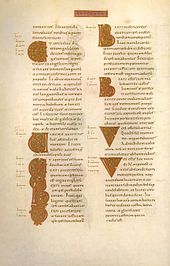
Luxembourg, officially named the Grand Duchy of Luxembourg, is a landlocked country in Western Europe with close ties to neighboring Belgium, Germany, and France. The history of Luxembourg dates back to the Roman Empire, with influences from Celtic tribes, Franks, and the House of Luxembourg.
Luxembourg is a country with a rich cultural heritage influenced by France, Germany, and Belgium. With a small population but a strong economy, Luxembourg ranks highly in terms of GDP per capita, human development, and quality of life. The country is known for its strong commitment to environmental protection and sustainability.
The city of Luxembourg, with its historic fortifications, is a UNESCO World Heritage Site. The country is a founding member of the European Union, NATO, and other international organizations. Luxembourg is also known for its multilingualism, with Luxembourgish, French, and German being official languages.
The country’s economy has shifted from steel production to financial services, making it a global banking hub. The legal system in Luxembourg is based on the Napoleonic Code, with French being the language of legislation. Luxembourg is known for its high standard of living and investment in healthcare and education.
Overall, Luxembourg is a country with a unique blend of history, culture, and modern development, making it a fascinating destination in Europe. Stay tuned for more updates on Luxembourg’s progress and achievements.
Attribution:
This article was summarized and republished from the original source.
Please check the original article here: https://en.wikipedia.org/wiki/Luxembourg.